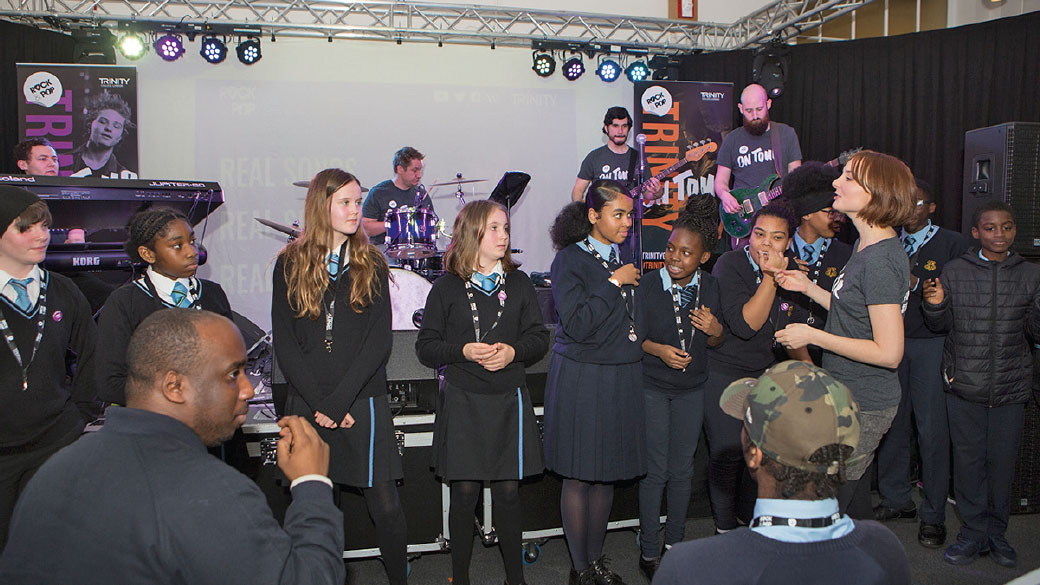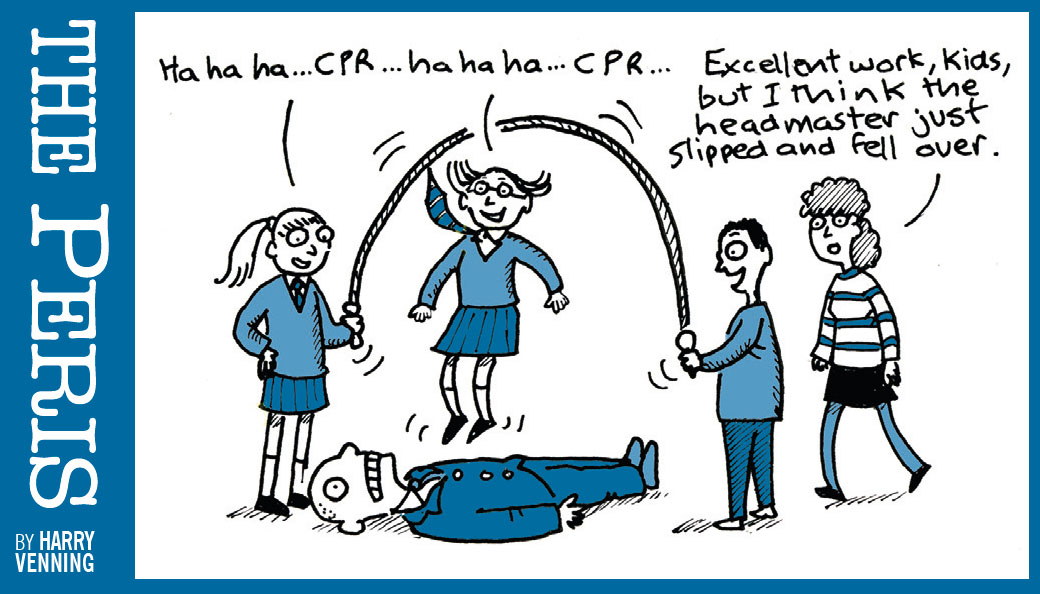
SOUND ADVICE?
The report in December's MT of the Royal Academy of Music's decision to sack a member of staff – as a result of advice she offered to students – increased my interest the further I read. There may be more to the dismissal of Dr Francesca Carpos than media information suggests and I have not seen the full advice document but it raises wider issues. The RAM's statement highlights their concerns, which are valid of course.
It seems that Dr Carpos was (at least partially) making known information from the research of others, although the decision to share this was no doubt hers, perhaps as an insight into some realities of the music industry. I fail to see how protecting students from cynicism – that thrives alongside other negative and many positive aspects in the musical world – can be seen as a responsible role of an educational institution. Surely RAM students are relatively intelligent and have control over their own minds with some access to (and the ability to take) pinches of salt. Balance the information they are offered and/or include a caveat by all means, but to deprive them of views, however jaundiced, is at best unhelpful.
Over 40 years ago, I was offered blunt words by an experienced, successful and highly respected industry professional (the late violinist Colin Sauer, who died three years ago). Some of his comments seem similar to those attributed to Dr Carpos. I have no idea how he even noticed who I was but in two minutes he saw right through me, offended me (and my romanticism) deeply but briefly, and offered me the very best of advice – an extraordinarily kind gesture. It took a few minutes to realise that he had a point: I altered my attitude and career course and cannot express how much I owe the two minutes of life he kindly and mysteriously spent on me.
Budding professionals near the start of their careers deserve to be able to hear as many voices as possible: the joys of music are perhaps more obvious than the pitfalls and problems, so hearing about the latter may save a career or a life (or even enable someone to retain a wonderful hobby, as a pleasure for life, rather than turn it into a torturous chore that never suited them as work).
Al Summers, Wiltshire
TRINITY ROCKS

(Image: Rebecca Lewis for Captcha Photography)
On 4 December, I and my pupils had been lucky enough to receive permission from our head to spend the afternoon at the inimitable Alexandra Palace for Trinity on Tour. Joining other schools and around 200 other pupils aged between 6 and 16, we participated in a fantastic experience.
The day was based on performance rather than leaning too much towards theory – something that sees some of my pupils lose interest, with one having once informed me that sitting down and talking about a song, rather than performing it, ‘saps the life out of it’. The pupils watched and listened to a live band performing several songs from the newly launched Trinity Rock & Pop syllabus, which is fantastic in that it features a huge number of up-to-date tracks that pupils will have listened to on the radio or Spotify. They were then split into their respective specialties – voice, drums, guitar, keyboard and bass – to participate in workshops with the band members themselves and learn the songs they had just heard.
I'll admit that I wasn't sure how the day would turn out – with so many excitable pupils getting their hands on a musical instrument each, I was worried that it would all be a bit of a headache. But it absolutely wasn't – in fact, it was brilliant. The musicians were both patient and enthusiastic, and my pupils loved playing along with them, using instruments supplied by Haringey Music Service.
The day certainly reached its goal, which we were told was to give the pupils a rock star experience. Nearly a week after Trinity on Tour, they're still enthused.
Anon, Haringey

Do you have a dilemma for MT? Get in touch at music.teacher@markallengroup.com, marking your message ‘MT Dilemmas’
THE PRACTICE ROOM
Readers’ problems (anonymous if necessary), answered by MT writers
I am a mum of two children, a girl and a boy aged four and six. I am also a fairly experienced piano teacher with a teaching practice. My children are at the age when I am thinking about them having piano lessons. My question is: should I teach them myself or should I pay to send them to a colleague for lessons? What are the pros and cons of me teaching them and what would you advise? C EYRE
I understand your dilemma: there you are with all the experience and skill; you know your own children and you are free! On the other hand, would another teacher have a better perspective, and would your children learn more effectively in a formal situation away from home?
If you want to teach them yourself, I'd think of the following. Would your children accept you as their teacher? If you are their teacher, who is going to supervise their daily practice? How formal is it going to be? Will you turn into a music version of sporting ‘prodigy parents’?
Parents are their children's first teachers and if you think through these considerations it may work well for you. If you haven't already, I would suggest starting off with plenty of musical activities and games, and generally enjoying music together. When they're ready, Faber and Faber publish an excellent series of book for very young piano beginners called My First Piano Adventures.
Finding and sending your children to a colleague also has its advantages: your children might accept lessons better from another teacher, and you can support them without being the teacher – see Elissa Milne's article ‘15 Things You Need to Know About Supporting Your Child Learning to Play the Piano’ (www.elissamilne.wordpress.com). It is also an opportunity for you to observe a colleague's approach to piano teaching.
I started my children off myself and then, when they began to think I didn't know very much, I took the middle way and sent them to a colleague for lessons and focused on encouraging their practice. You know your children the best. Think what would work best for each of them as well as for you. And, as ever in music teaching, be prepared to be flexible and adaptable.
Fiona Lau









